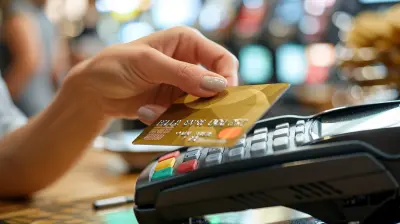Digital Assistants and the Internet of Things: A Perfect Match?
13 October 2025
Technology is moving at lightning speed, and two of its most exciting innovations—digital assistants and the Internet of Things (IoT)—are shaping the way we interact with our devices. But are these two technologies really a match made in tech heaven?
If you’ve ever told Alexa to turn off the lights, asked Google Assistant to set a reminder, or used Siri to adjust the thermostat, you’re already experiencing the magic of digital assistants working with IoT devices. But how deep does this integration go? And what does it mean for the future of smart living?
Let’s dive in and break it all down in a way that actually makes sense. 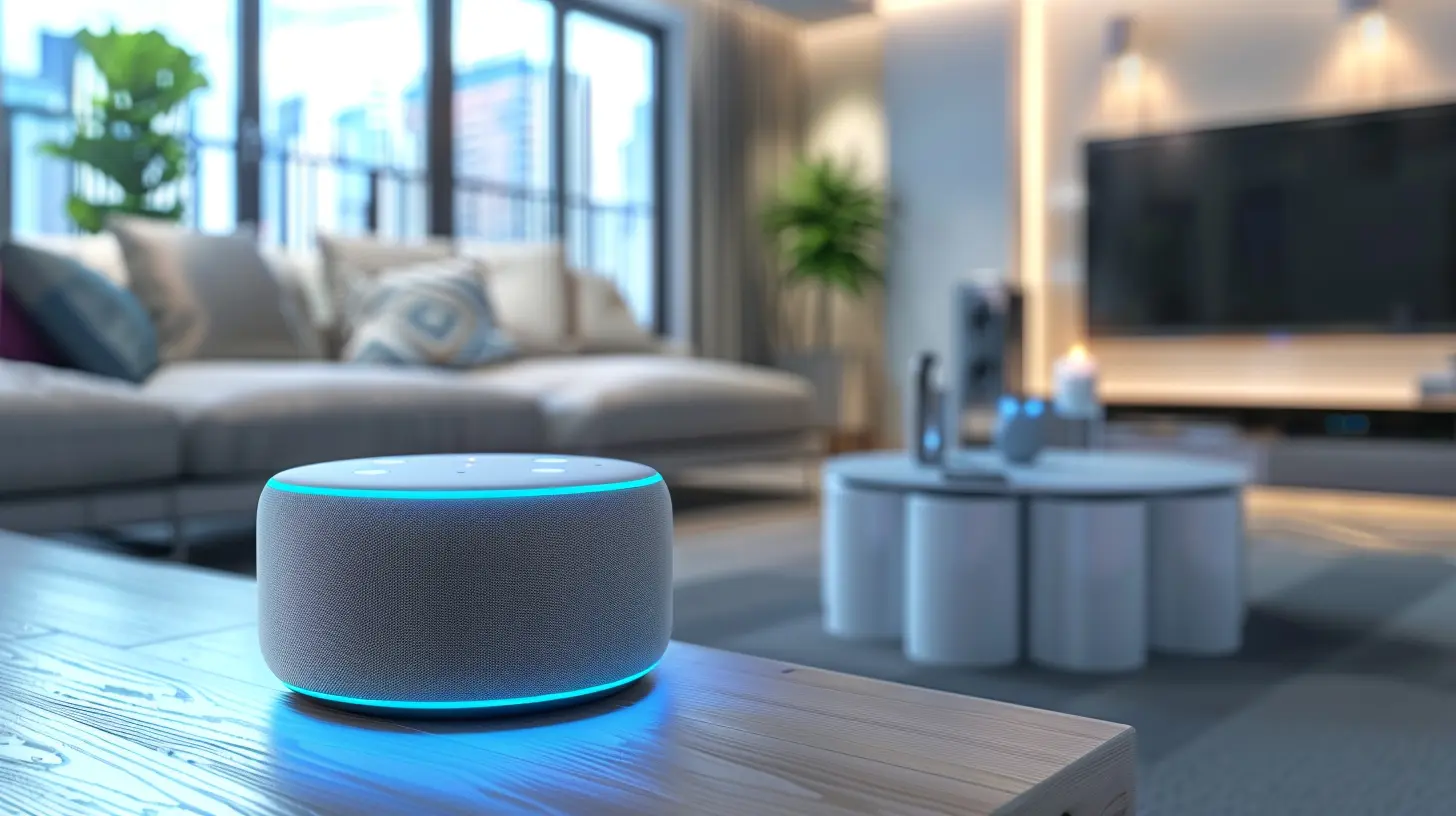
What Are Digital Assistants?
First things first—what exactly is a digital assistant?A digital assistant is like having a tech-savvy butler at your beck and call, ready to respond to voice commands, answer questions, and complete tasks. Think:
- Amazon Alexa
- Google Assistant
- Apple Siri
- Microsoft Cortana (RIP, kind of)
These AI-powered helpers use natural language processing (NLP) and machine learning to understand and respond to human speech. Over time, they get smarter, learning from past interactions to personalize your experience.
Whether it’s playing music, setting reminders, or telling bad jokes, digital assistants are becoming an essential part of our daily routines. 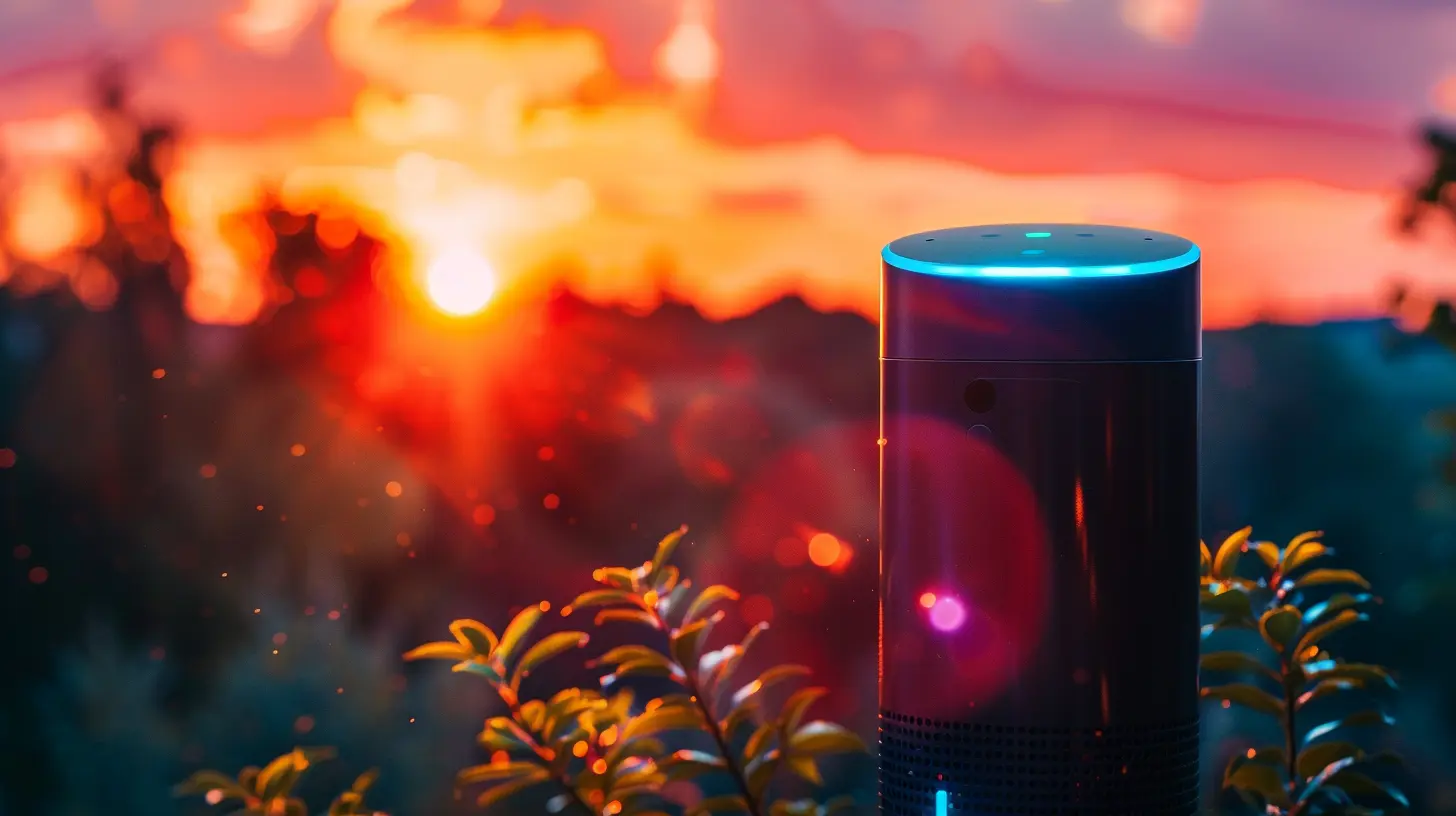
What Is the Internet of Things (IoT)?
Now, let’s talk IoT. Imagine a world where everyday objects—like your coffee maker, refrigerator, car, and even your toothbrush—are all connected to the internet, communicating with each other without needing you to lift a finger.That’s exactly what the Internet of Things (IoT) is all about. It’s a network of smart devices that collect and share data to automate tasks, improve efficiency, and make life easier.
Here are some examples of IoT in action:
- Smart Thermostats (Nest, Ecobee) – Learn your schedule and adjust the temperature automatically.
- Smart Lights (Philips Hue, LIFX) – Change colors and brightness with a voice command.
- Smart Security Systems (Ring, Arlo, Wyze) – Let you monitor your home from anywhere.
- Wearables (Apple Watch, Fitbit) – Track your health and fitness data.
The IoT ecosystem is growing rapidly, and the more devices that join the network, the smarter our environments become. 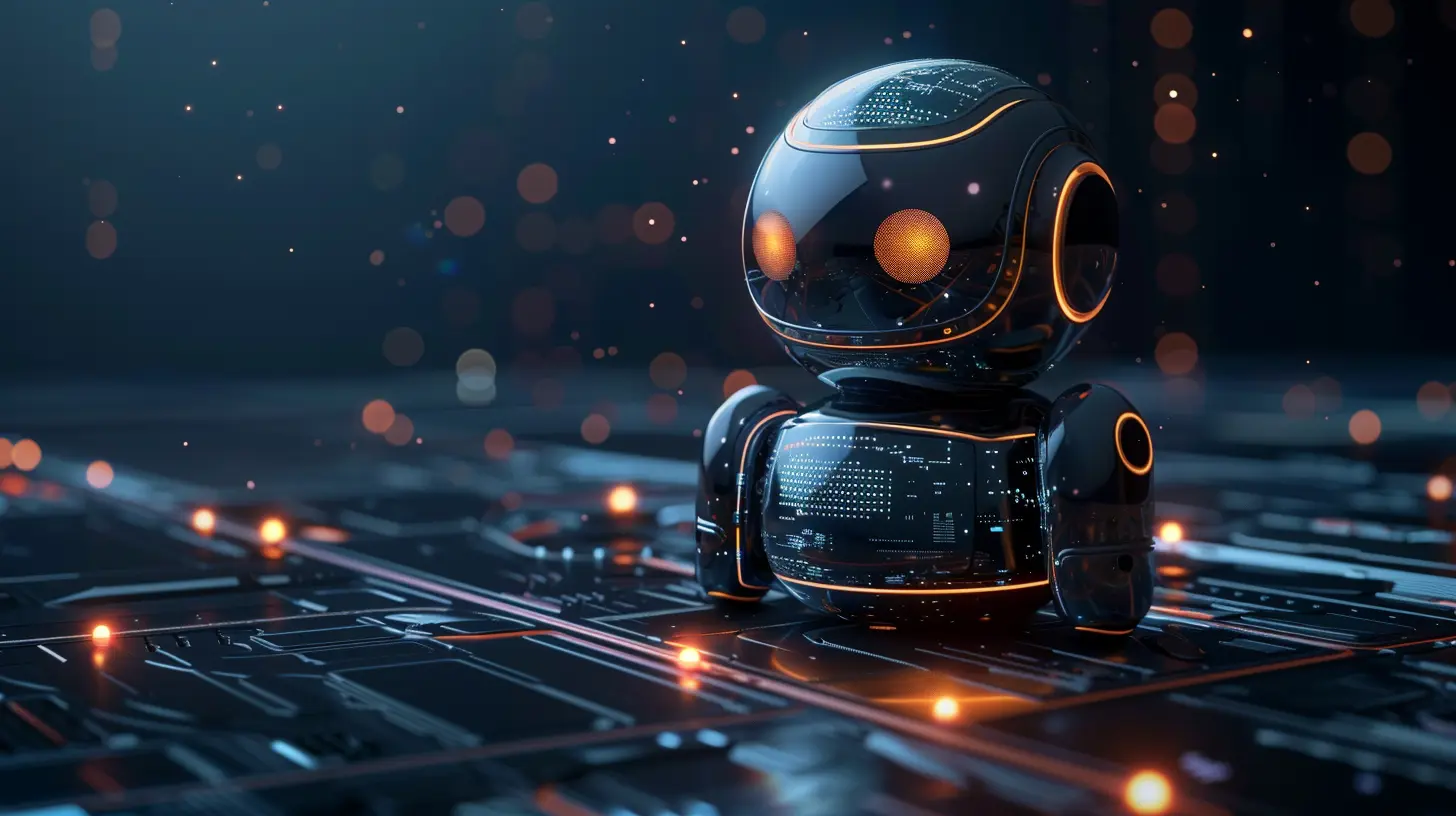
Why Digital Assistants and IoT Are the Perfect Duo
So, where do digital assistants fit into this connected world? Well, they act as the brain, bringing all these IoT devices together under one command center—your voice.Here’s why they’re a match made in tech heaven:
1. Hands-Free Control
We’ve all been there—hands full of groceries, trying to turn on the lights without tripping over the dog. With a digital assistant, a simple "Hey Alexa, turn on the kitchen lights" solves the problem instantly.2. Seamless Automation
Imagine waking up in the morning, and instead of fumbling with buttons, your house wakes up with you—lights turn on, the thermostat adjusts, and your coffee starts brewing. Digital assistants make this a reality by automating daily routines.3. Centralized Smart Home Hub
Without a digital assistant, you’d have to open separate apps for each smart device. That’s a hassle. With a voice command, your digital assistant can control everything from one place—no app juggling required.4. Personalized Experiences
Your devices aren’t just connected—they’re learning your habits. If you always lower the lights at 8 PM, your assistant will start doing it automatically. It’s like living with someone who just gets you.5. Energy Efficiency & Savings
Ever left the house and forgot to turn off the lights? Digital assistants can help reduce energy waste by ensuring everything is powered down when not in use. That means lower bills and a smaller carbon footprint.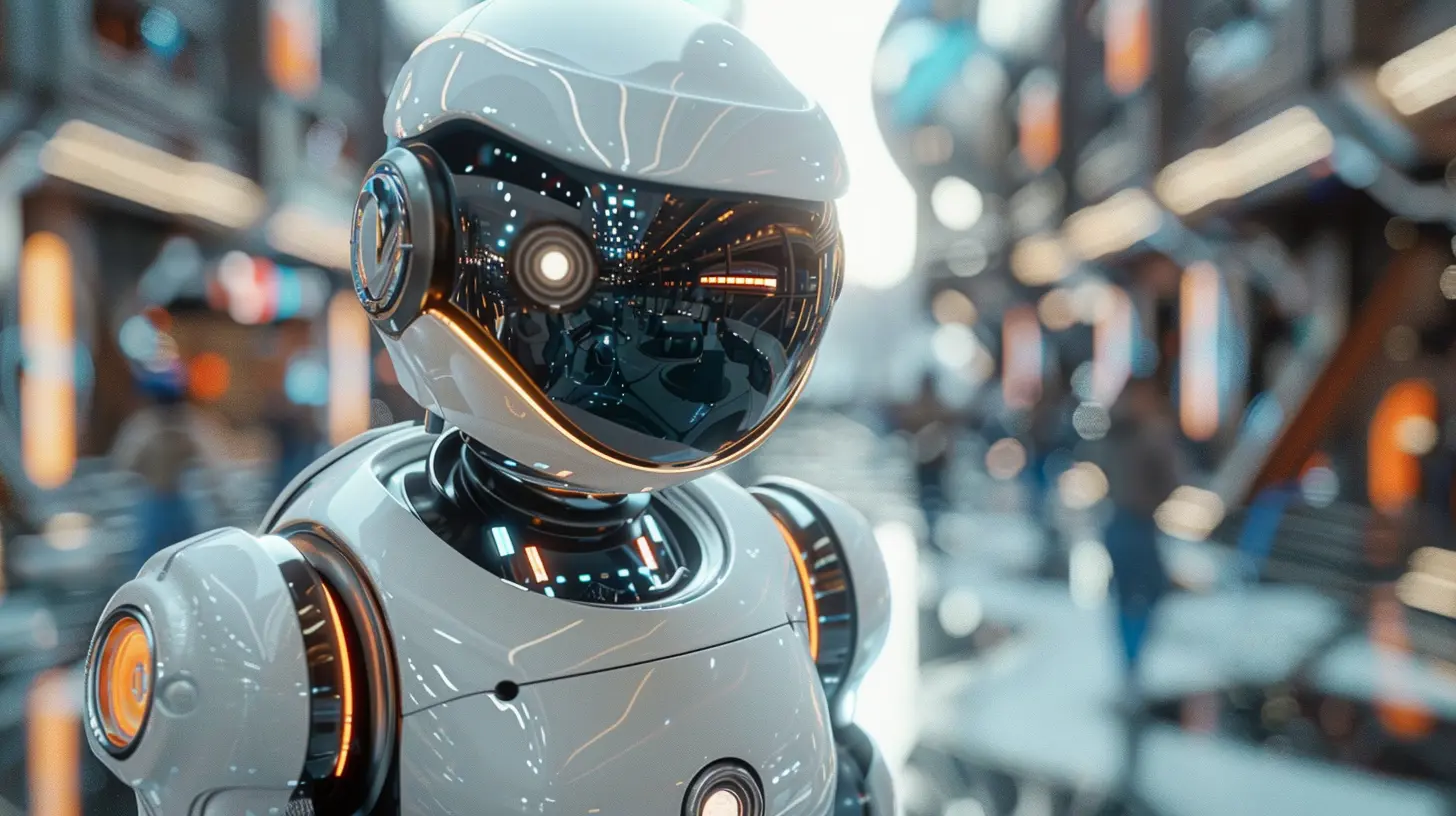
The Challenges of This Perfect Match
Of course, no tech is perfect. While digital assistants and IoT devices are amazing, they come with a few potential downsides:1. Privacy & Security Risks
With all these devices connected to the internet (and listening in), privacy is a major concern. Hackers could gain access to your smart devices, and let’s be honest—nobody wants their private conversations leaking online.2. Compatibility Issues
Not all IoT devices play nicely with every digital assistant. You might have a smart lock that only works with Alexa, but your other devices are tied to Google Assistant. That can make setting up a smart home a bit frustrating.3. Reliability Problems
What happens if your internet goes down? Without a stable connection, your IoT devices and digital assistant could become useless. And let’s not even talk about when your assistant misunderstands your commands ("I said turn off the lights, not play 'Baby Shark'!").The Future of Digital Assistants and IoT
Despite the challenges, the future of digital assistants + IoT looks incredibly promising. This duo is evolving at an insane pace, with advancements in AI, machine learning, and smart home technology making devices even more intuitive.What’s Coming Next?
- Smarter AI Assistants – More human-like responses and better understanding of commands.- Stronger Security Measures – Enhanced encryption and privacy controls to keep data safe.
- Wider Device Compatibility – A more unified ecosystem, reducing compatibility issues.
- Better Automation – AI-driven routines that adapt to real-time data, making life even more seamless.
Before long, we won’t even need to think about controlling our devices—they’ll anticipate our needs and act accordingly.
So, Is It Really a Perfect Match?
Absolutely—digital assistants and IoT devices are the ultimate power couple. Sure, they have quirks, but the convenience, automation, and efficiency they bring to our lives far outweigh the downsides.We’re heading toward a future where your home isn’t just smart—it’s practically self-aware. And with digital assistants leading the charge, our interactions with technology will become even more frictionless, intuitive, and—dare I say—effortless.
The real question is: Are you ready to let AI make your life easier?
Final Thoughts
If you've been on the fence about setting up a smart home or integrating a digital assistant into your daily routine, now is the time to make the leap. With IoT and digital assistants working together, life is becoming more convenient, efficient, and, let’s be honest, just plain cool.So go ahead—ask Alexa to play your favorite song, tell Google to dim the lights, and let Siri remind you to buy more coffee. Who knows? In a few years, our homes might be smarter than we are.
all images in this post were generated using AI tools
Category:
Digital AssistantsAuthor:

Jerry Graham
Discussion
rate this article
1 comments
Kristina Reynolds
Great insights! I appreciate how you highlighted the synergy between digital assistants and IoT devices. It's fascinating to see how this technology can enhance our everyday lives. Thanks for sharing!
October 21, 2025 at 3:13 AM

Jerry Graham
Thank you for your kind words! I'm glad you found the insights valuable. The synergy between digital assistants and IoT truly is transformative!

